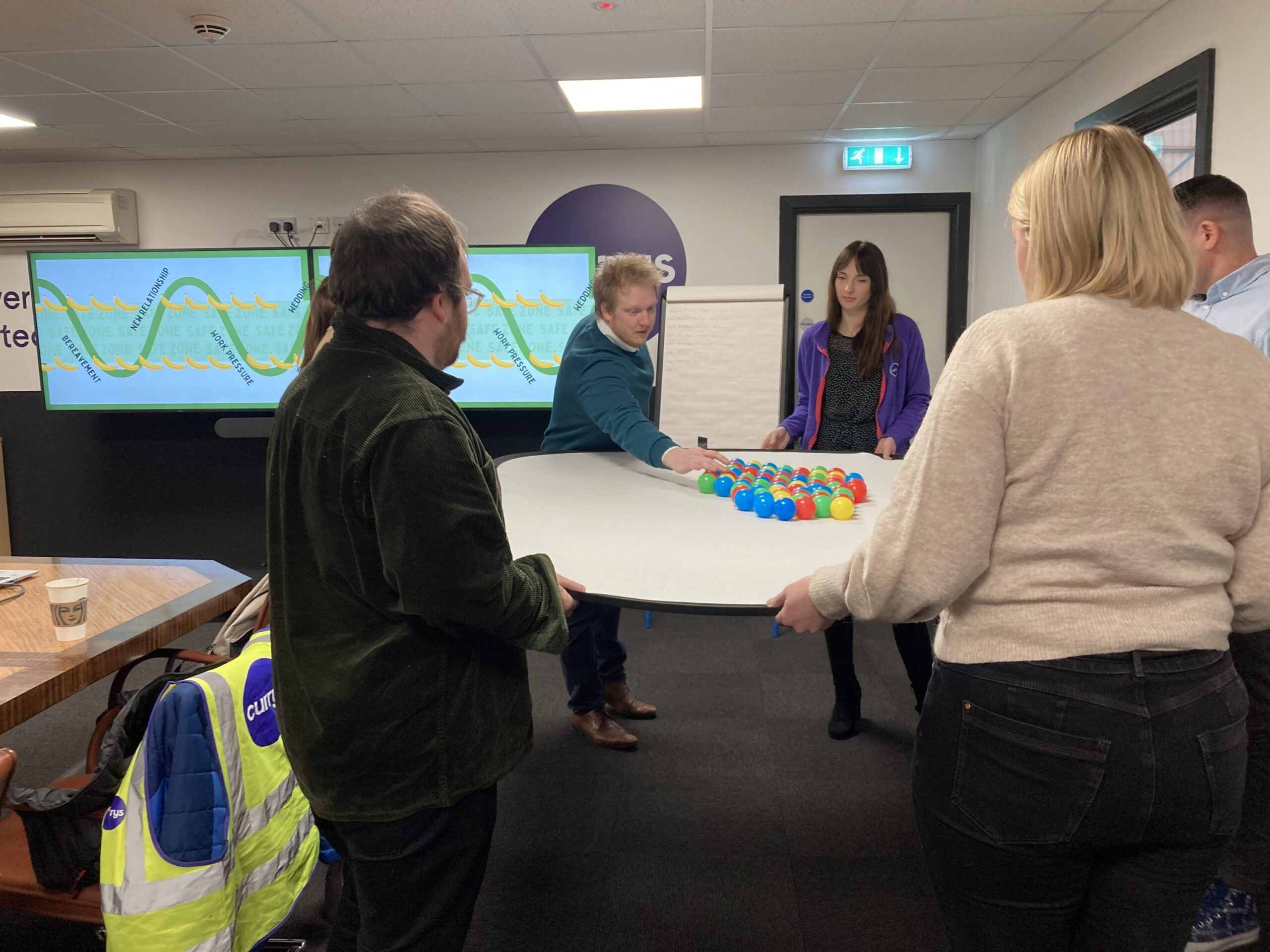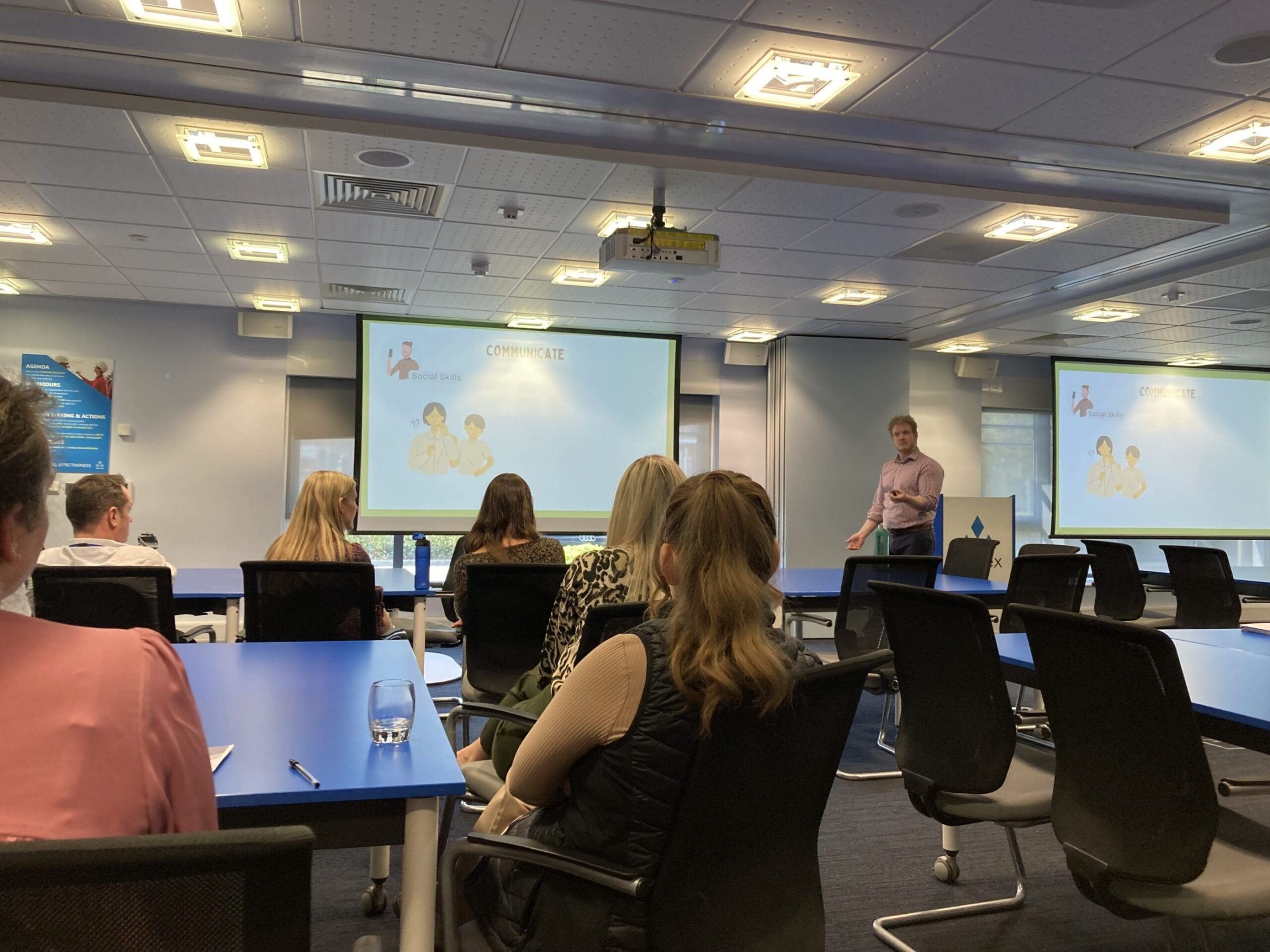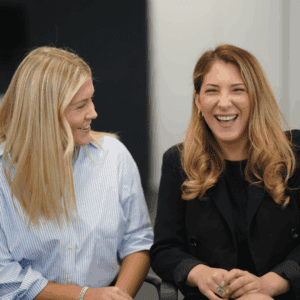Anxiety can be a tricky one, despite 100% of human beings having it. ‘What?! I don’t have anxiety!’ Yes, you do. Whether you’re a CEO, a new recruit or someone who has been in their role forever and knows it like the back of their hand.
Anxiety is an emotion, it helps us analyse risk, understand if and when there may be danger and trigger our probing skills to find answers to things we don’t know. It can be an incredible tool if we set ourselves up to be able to manage it well.
Anxiety is the worry or concern about uncertain future events. Lucky for us, because pretty much everything in our future is uncertain.
Over the years, mental health awareness has helped grow people’s understanding of when they are anxious and what it is. What it has failed to do is teach people how to manage it – turning it into a more clinical beast than it should be for the day-to-day anxiety we experience and turning it into an uncertain thing in itself.
Doesn’t that sound unproductive, given its definition?
Anxiety comes when we spend so much time thinking about the future, we forget the present. Let me ask you some questions that I’d like you to answer as quickly as you can:
- Could you tell me what you had for dinner on Monday night last week?
- Do you ever drive into the office and forget the commute?
- Are you ever asked questions you absolutely know the answer to but for the life of you the answer isn’t there until a random time, days from now
That’s the first stage of us not being able to manage our anxiety as well as we could. It shows we are so future focused that our brains aren’t even registering what’s happening in the present.
At Arthur Ellis, we prefer to work practically, find what can we do to improve how people naturally control and manage anxiety in a preventative way.

We can do this by practicing being in the present. Do you have an activity you do that you would describe as being therapeutic? Usually, this is an activity that helps us not do a million things at once, not think about a million things at once, but gives us one thing to focus on calmly. This could be reading a book, writing, painting, gardening, cleaning, cards, puzzles, drawing, washing the car or tending to house plants. There are loads of things .
Even though these behaviours may seem trivial, or may be the things that drop off as soon as we become busy, these behaviours offer our brains the ability to rest.
More importantly, it is helping our brains become used to keeping us in the present. So, the next time we are in a future facing situation, we can get ourselves back to the present much easier. That’s what builds resilience.
Arthur Ellis provides training in partnership with the British Quality Foundation to help workplaces bring the goalposts forward with mental health, developing preventative strategies, training, talks and even one-to- one support for colleagues and their families. All profits from workplace training are donated to our charity, providing support to children, young people and vulnerable adults.
To find out more about the help that is available through training workshops, visit our website.













